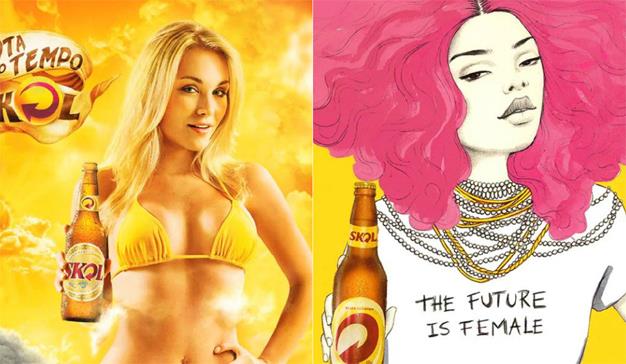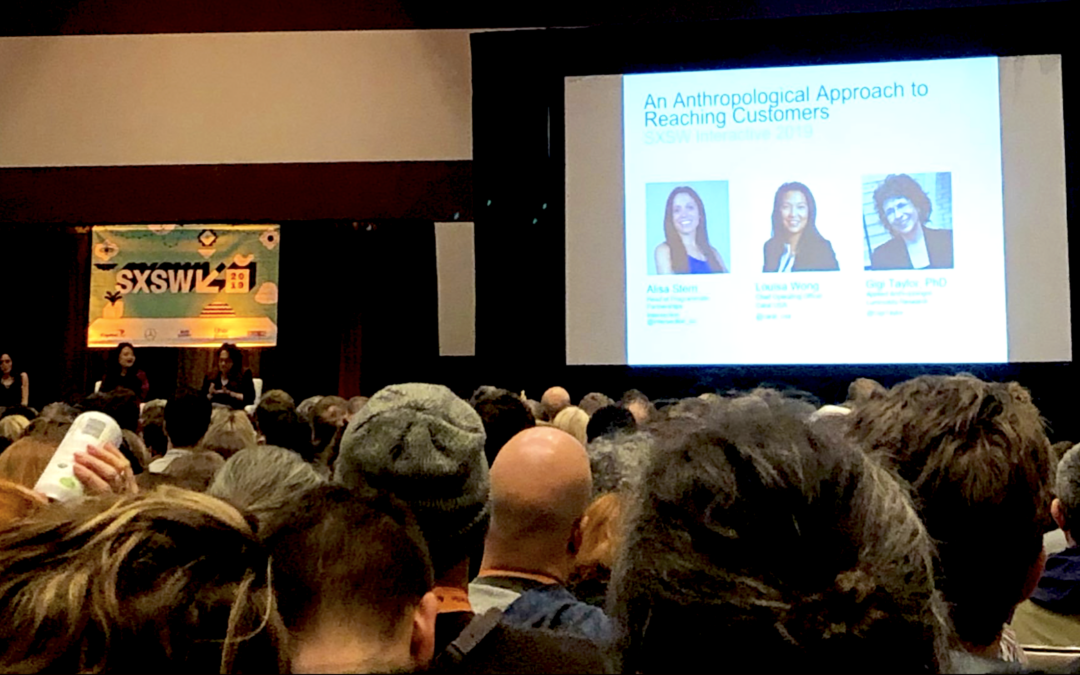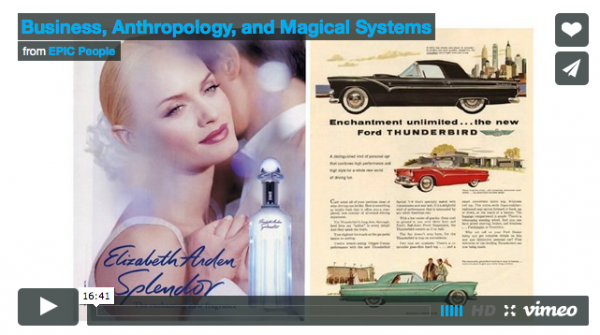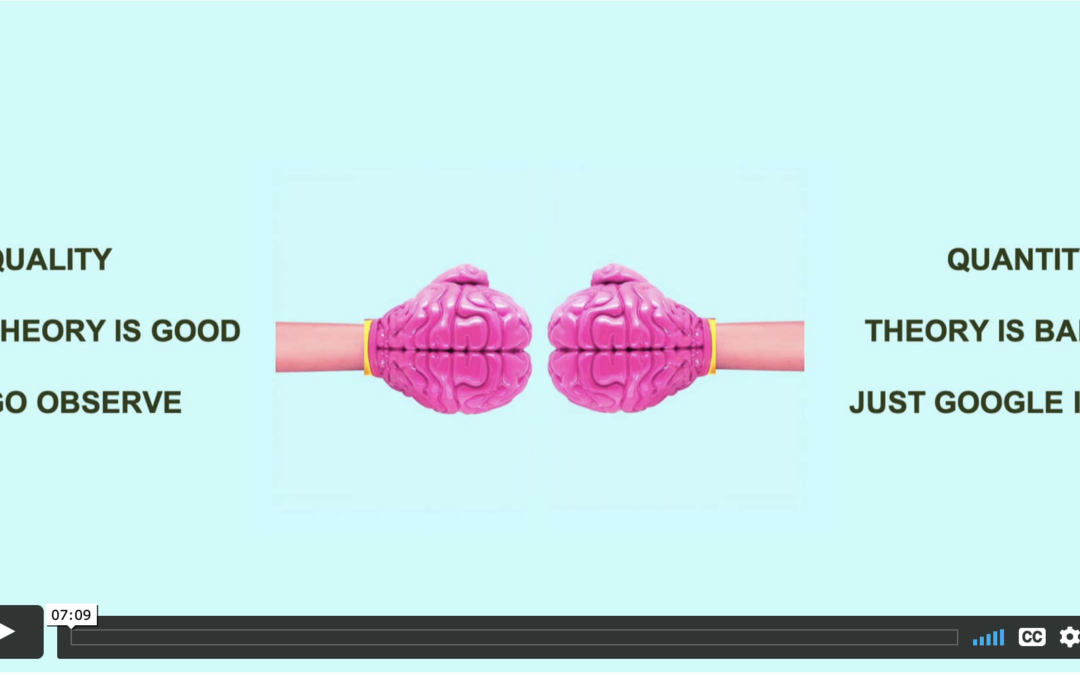This paper introduces an theoretical and interpretive tool, the Process of Argumentative Aphasia, for...


This paper introduces an theoretical and interpretive tool, the Process of Argumentative Aphasia, for...

Equality, inclusion, and representation are increasingly acknowledged as core tenets of prosperous countries, cities, and organizations. We know that equality is essential, and we also know equality must be enacted on all fronts. Brands and other social organizations are increasingly recognizing...

This paper assesses the economic impacts of hyper-monetization, immersive advertising, and general shifts in...

I live in Austin, Texas. Along with breakfast tacos, Willie Nelson, and scorching hot summers, Austin is the home of the international conference known as South by Southwest (SXSW). It’s actually three conferences (Interactive, Music, and Film) rolled out over ten days in March. Much of the...

Businesses often have strategic visions for the future of a product space; however, identifying and building toward preferable futures is a daunting task, especially when designing for complex systems, e.g., Digital advertising platforms that include multiple complex interfaces and internal...

The Advertising Products research team at Yahoo! is building an internal research practice within an organization that is user-centered, but optimized for consumer product development. While our fellow researchers observe millions of consumers on our websites, we study our coworkers: their...

Magic is one of the oldest subjects of discussion and theorizing in anthropology. From time to time, anthropologists, as well as other scholars from other disciplines, have suggested that magic is not specific to “primitive” societies, but is alive and well in contemporary industrialised...

PechaKucha Presentation—The conference theme for EPIC2020 is all about scale. For many, scale will probably evoke images of sizing up, moving forward, getting better. But does scale carry the same meaning in all contexts? Could scaling back be the key to enacting scales successfully? And is...

Pier 1 Imports is a store that specializes in home decor, including wood and wicker furniture, draperies, and scented candles. On the cover of its Fall 2000 catalogue there is a picture of a tabletop fountain made of slabs of brown and grey speckled marble. Down the right edge of the cover is a...